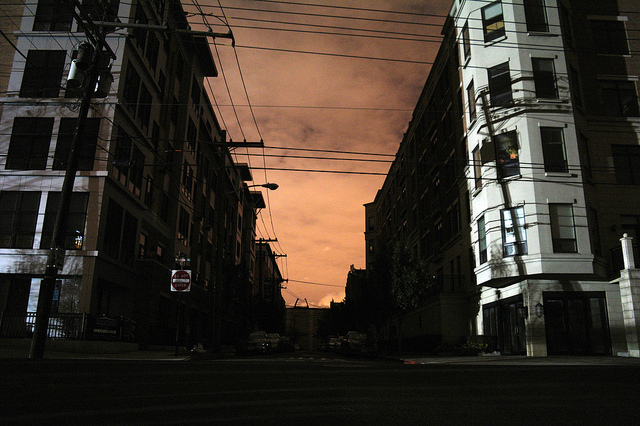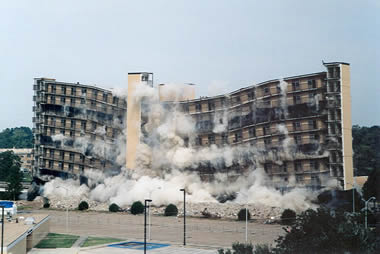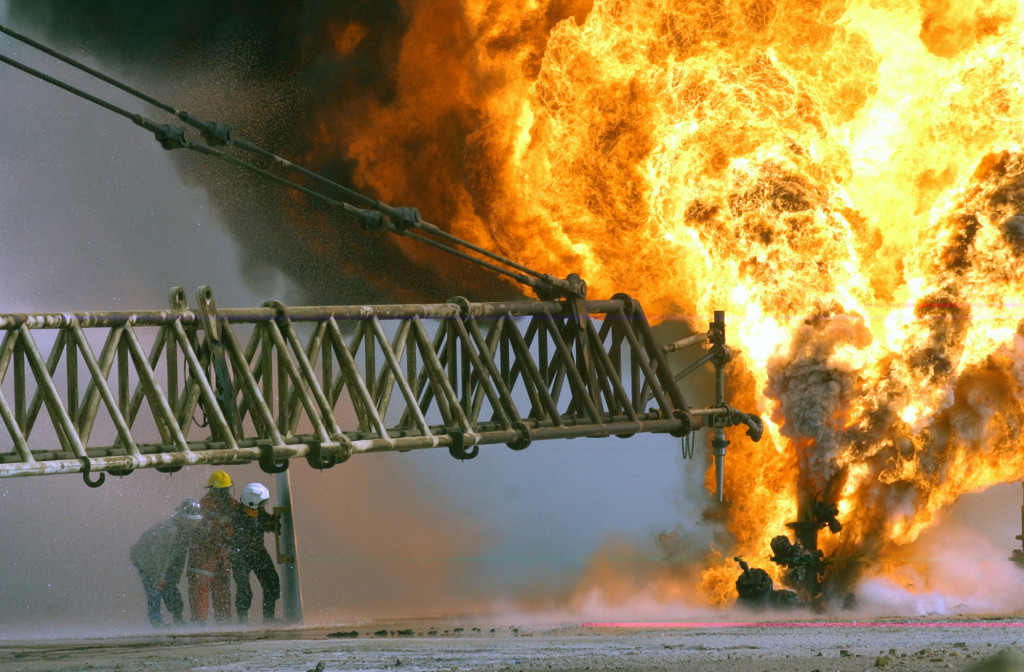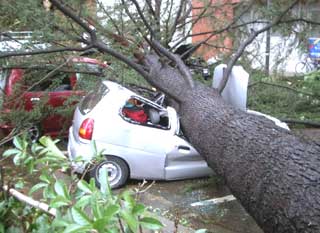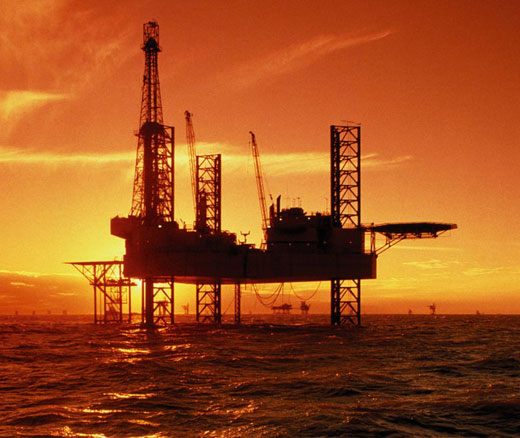Podcast: Play in new window | Download
Subscribe:
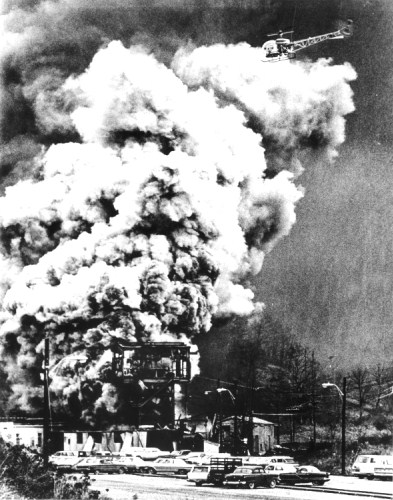
A battlefield in the real War on Coal (the 1968 Farmington Mine disaster in West Virginia). The aggressor is not who you think it is, nor are the victims. (Wikipedia Photo)
A long, long list of lies have been perpetrated by industrialists to confuse ordinary people about how, and by whom, the world is being destroyed. Proceedings in a Federal courthouse in West Virginia are about to bring some clarity to the issue. The quality of the lies has been uniformly low — none of them stands up to a moment’s rational examination. Their success rate, on the other hand, has been high; a dismaying proportion of Americans believes that the people who are exploiting them the most are their best friends, and the people who are trying to save them are their enemies. There is no worse example than the bogus “War on Coal,” imagineered by coal-mine operators as a unifying theory of everything bad that happens: Obama did it, as part of his “War on Coal.”
As propaganda, the War on Coal was a brilliant stroke. How else could an industry whose air pollution is destabilizing the entire planet, whose operations are obliterating mountain ranges, poisoning groundwater, and routinely killing and sickening its employees, instantly make itself seem a blameless victim of outside aggression? Its audacity was exceeded only by the gullibility of a grateful nation, which never paused to remark on the oddity of Coal declaring a war on itself, on behalf of an enemy that did not seem to be aware of it. Continue reading →
